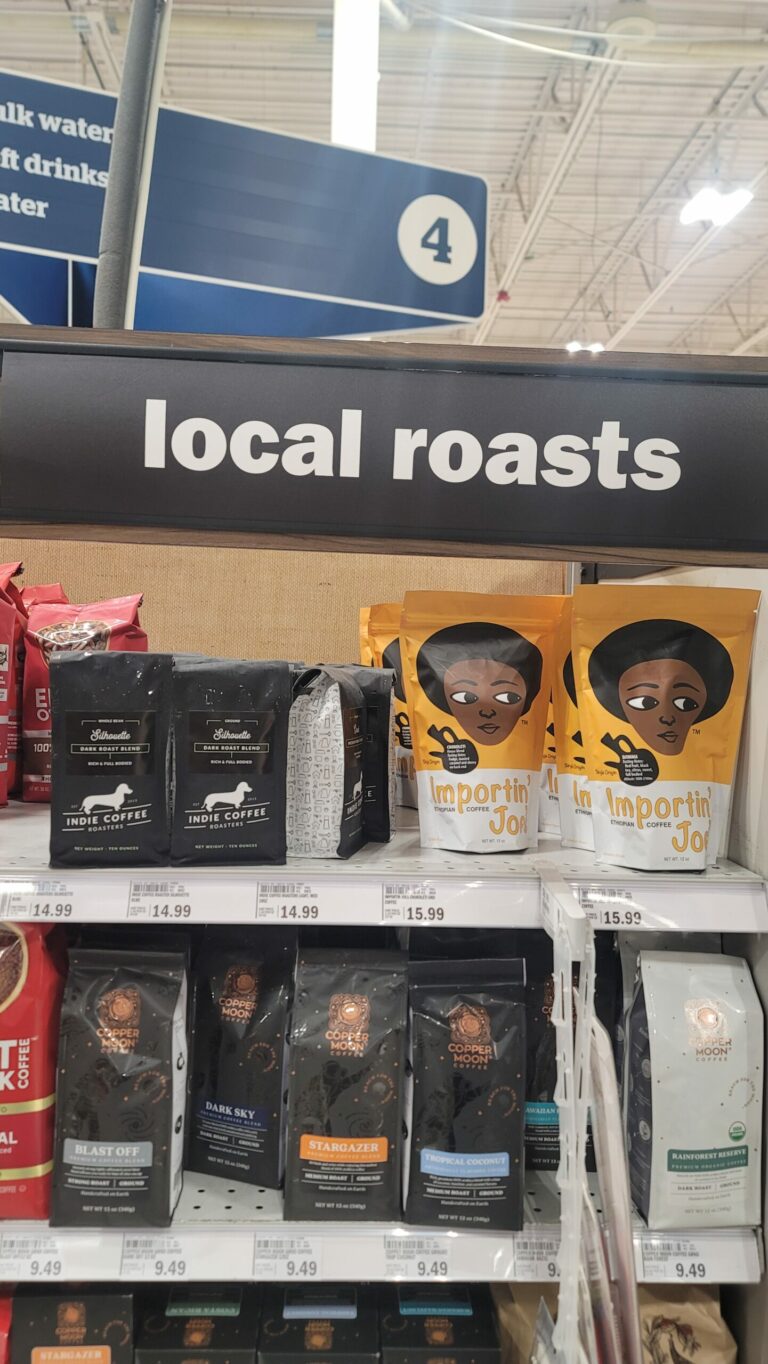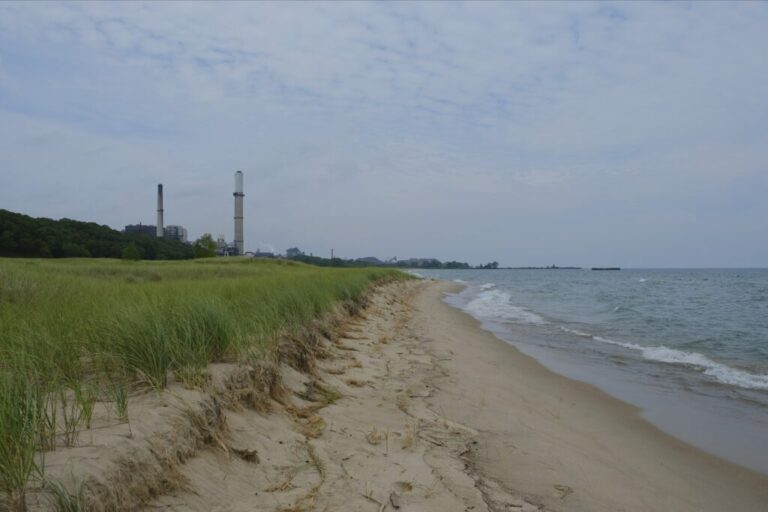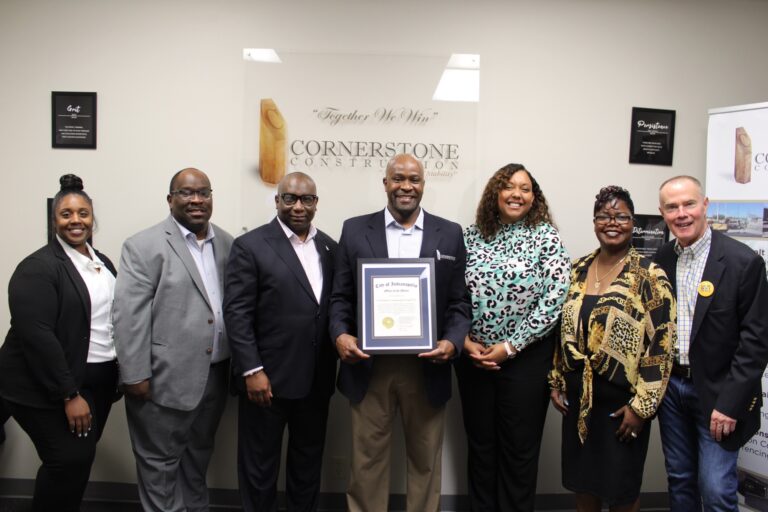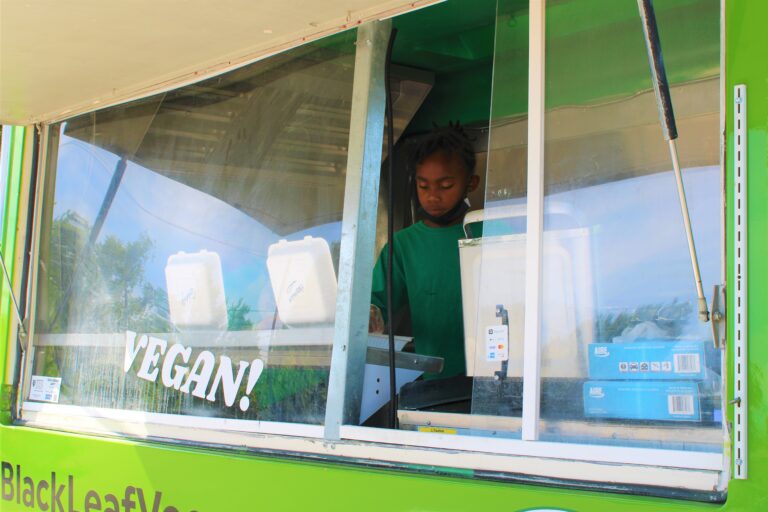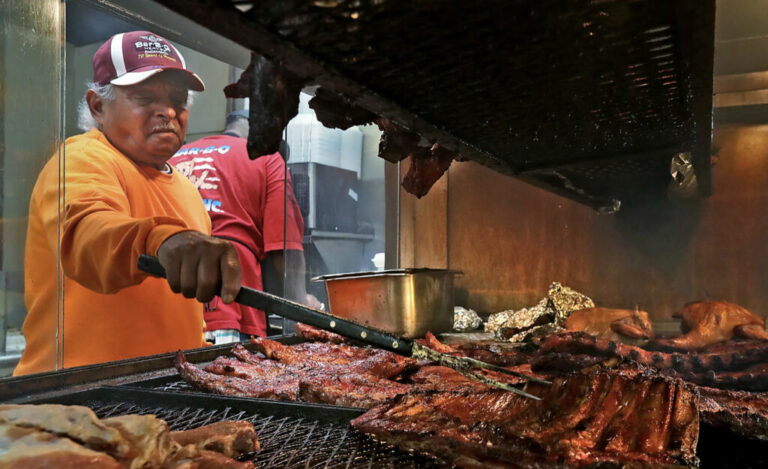Grassroots organizers and environmental organizations are concerned federal dollars are not being taken advantage of and low-income communities will continue to suffer the consequences of ill-planned investments in the northwest corner of Indiana and beyond.
Federal dollars from the historic Inflation Reduction Act and the Bipartisan Infrastructure Bill includes $6.3 billion of funding to confront the climate crisis, expand tax credits for clean energy, reduce air pollution at ports and more, yet decisions to continue “dirty techniques” in marginalized areas with historic amounts of pollution are being made every day.
Federal dollars promise a 40% investment to disadvantaged and marginalized communities, yet there is no strategic plan to amplify, uplift or even hear from the communities the investment is meant to support, said Tycee Bell, who works as a community engagement professional in the near Chicago area informing and guiding communities on environmental justice projects.
“I don’t believe we always have the right stakeholders at the table,” Bell said. “I believe we definitely talk about it, but I think the Black and brown communities that have been outlined under the Bipartisan Infrastructure Bill under the Justice 40 standards, we don’t have a plan for that.”
The Environmental Protection Agency implements national and regional rules to reduce emissions and identifies areas where air and water quality does not meet national standards. Companies, including some in northwestern Indiana, repeatedly violate standards while communities suffer the health and environmental consequences.
In April, U.S. steel making company Cleveland Cliffs announced plans to reline a blast furnace at their second-largest U.S. steel making facility located in Burns Harbor, Indiana. This process is expensive and time-consuming and extends the life of fossil fuel dependency at a time when scientists warn that adaptation and mitigation are crucial to avoid further warming of the planet, said Ben Inskeep, program director at the Citizens Action Coalition of Indiana, the state’s oldest and largest consumer and environmental advocacy organization.
At the same time, the company also extended its contract with Suncoke Energy to provide another facility 20 minutes away with more than 1.2 million tons of coal byproduct, called coke, over the next 12 years. Coke is produced by burning off impurities from coal until it becomes carbon and is an important ingredient in the blast furnace steel making method, according to the Federal Steel Supply.
These two investments will produce 255 million tons of harmful emissions until 2035.
“This is a commitment that’s locking in the continued use of dirty techniques for making steel through the use of coal,” Inskeep said.
The two facilities, located along Lake Michigan, about 15 miles from Gary, IN and 50 miles from Chicago, are the highest industrial emitters of health harming pollutants, including nitrogen oxides, sulfur dioxide and a chemical reaction of the two, that create fine particulate matter, according to Industrious Labs. Fine particulate matter are solid or liquid droplets, 30 times smaller than a human hair, that can be inhaled and have been linked to a variety of problems, including premature death in people with heart and lung disease, nonfatal heart attacks, aggravated asthma, decreased lung function and increased respiratory symptoms, according to the EPA.
In February 2023, Cleveland Cliffs settled a $3 million lawsuit stemming from their alleged involvement in a blast furnace water recirculation system failure resulting in thousands of dead fish and the closure of public beaches on Lake Michigan. The company was sued based on allegations that their Burns Harbor facility violated the Clean Water Act and other state and federal laws when excess levels of cyanide and ammonia were released into the Little Calumet River in 2019.
The Hoosier Environmental Council and the Environmental Law and Policy Center tracked the facility’s violations over multiple years and sued the company in 2020 after state and federal officials failed to take action over repeated violations. The north western corner of the state, where both facilities are located, has a history of poor air and water quality and is still listed as an area that does not meet national standards, according to Indiana Department of Environmental Management documents.
The commitment to continue the use of coal-based techniques instead of taking advantage of clean alternatives feels like a signal from Cleveland Cliffs that “business will continue as usual” and steps to address historic and high amounts of pollution in communities that face the highest burdens are only going nowhere, Inskeep said. Those decisions by companies are “disappointing” and are cause for “tremendous concern,” Inskeep said.
“It’s particularly pronounced and particularly worrisome. These folks do not have another 15 to 25 years to endure this level of pollution,” Inskeep said. “They need action now. They need commitments by these companies now to transition, as opposed to locking themselves into the continued way of doing things. This (is a) business as usual approach that’s producing a lot of negative impacts.”
A transition to clean steelmaking
Countries like Europe are leading the charge in green steelmaking alternatives and have found that replacing blast furnaces and the use of coal with hydrogen generated by renewable energy would make it possible to largely decarbonize the industry, spur ambitious expansions of renewable energy production beyond steelmaking and increase the total number of jobs available, according to a report by the European Parliamentary Research Service.
Advocates say they would like to see companies take advantage of federal dollars and make the transition to green hydrogen to align with President Biden’s vision of prioritizing projects that offer long-term, sustainable solutions for deep decarbonization and bring Black and brown voices to the forefront of the conversation. Cleveland Cliffs announced plans to pursue federal carbon capture at existing facilities, but details of those plans remain unclear.
“No matter what side of the fence you are sitting on, there’s good reason to want change,” Inskeep said. “We have the solutions available. We have the technologies there. We have the support from the federal government that can help offset some of those costs so that they’re not being borne by folks who can’t afford to bear more costs … We have those solutions and technologies and policies that are beginning to be put into place. So, we actually have to implement that now.”
Contact staff writer Jayden Kennett at 317-762-7847 or by email JaydenK@indyrecorder.com. Follow her on Twitter @JournoJay.


